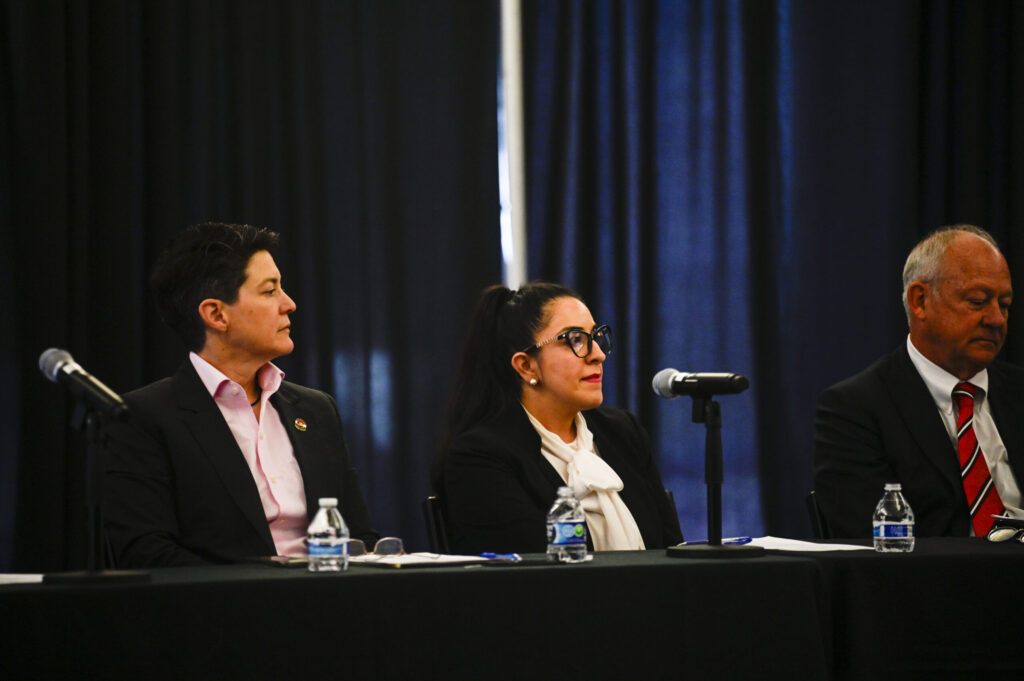Appeals court overturns $9,150 restitution order after Jeffco judge did not follow law
Colorado’s second-highest court last week overturned an order for a criminal defendant to pay $9,150 to his victim, citing the trial judge’s failure to abide by the legal process for imposing financial restitution.
In Colorado, as part of sentencing, judges must consider whether defendants owe restitution to their victims. If so, prosecutors generally need to provide the requested amount by the time of sentencing or within 91 days of sentencing. Judges must also impose the restitution amount within 91 days of sentencing. If judges need to extend either deadline, they must find extenuating circumstances or good cause.
In a major decision, People v. Weeks, the state Supreme Court ruled in November 2021 that judges’ historical process of awarding compensation to crime victims did not comply with Colorado law. The justices noted a lackadaisical approach had taken hold in the trial courts that neglected the clear deadlines and procedural requirements. Consequently, if trial judges fail to follow the law, they lose authority to issue a restitution order.
One year after Weeks, Jeffco District Court Judge Christopher Zenisek accepted Jordon Christopher Burden’s guilty plea for theft. Burden received one year in prison. Forty-five days after sentencing, the prosecution requested more than $9,000 in restitution. Three weeks later, the defense filed an objection.
Near the end of the 91-day window, Zenisek issued an order saying a hearing “may be set” on the matter. He eventually held a restitution hearing in March 2023 and imposed $9,149.67 in restitution 163 days after sentencing. Zenisek never found good cause to exceed the deadline.
Burden appealed the restitution order, arguing Zenisek had not followed the Supreme Court’s clear directive in Weeks and had no authority to impose restitution. The government did not dispute that Zenisek exceeded the deadline without good cause, but it faulted the defense for not objecting to the belated restitution hearing.
A three-judge panel for the Court of Appeals agreed with Burden, rejecting the government’s attempt to shift blame onto him.
“Nothing in the record suggests that Burden asked the court to either extend the statutory deadline or set the hearing beyond the deadline,” wrote Judge Stephanie Dunn in the Jan. 30 opinion. “To be sure, nothing in the record shows that Burden asserted his right to a timely restitution order. But the statute doesn’t require him to do so.”
The panel vacated the faulty restitution order.
The case is People v. Burden.











